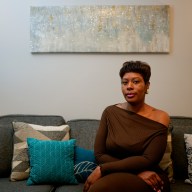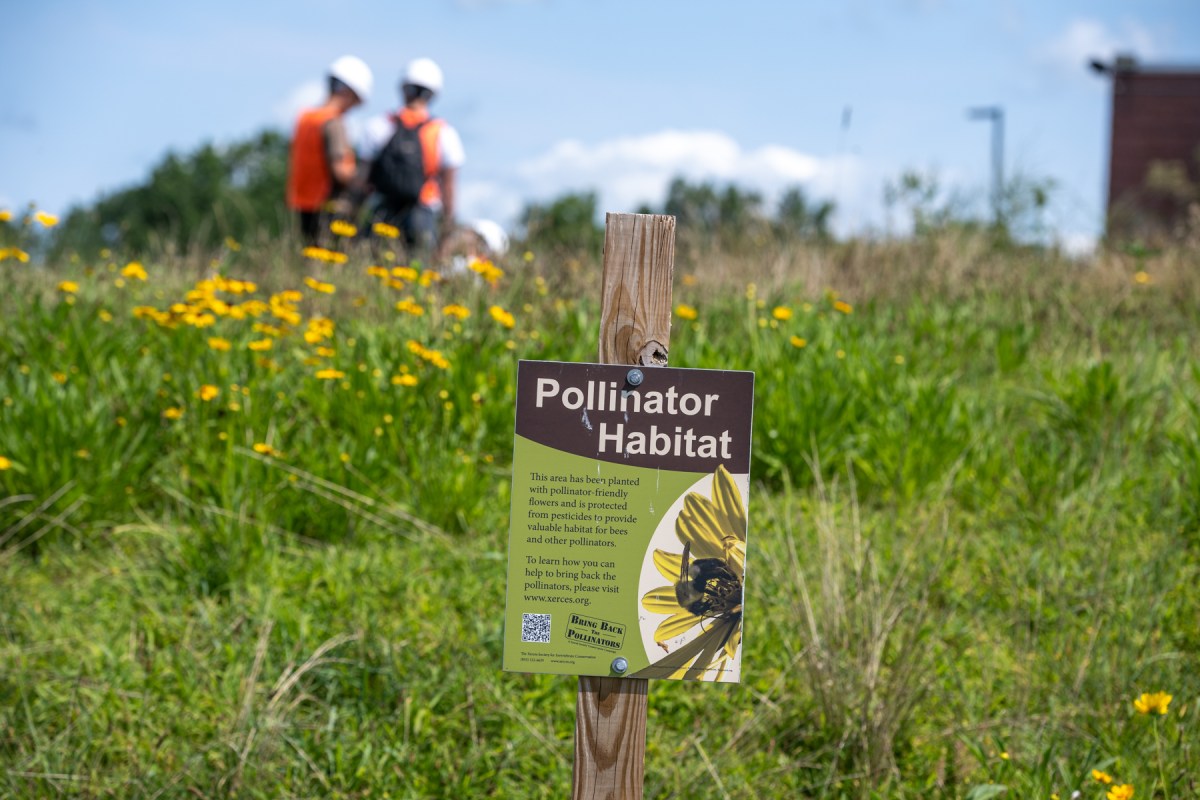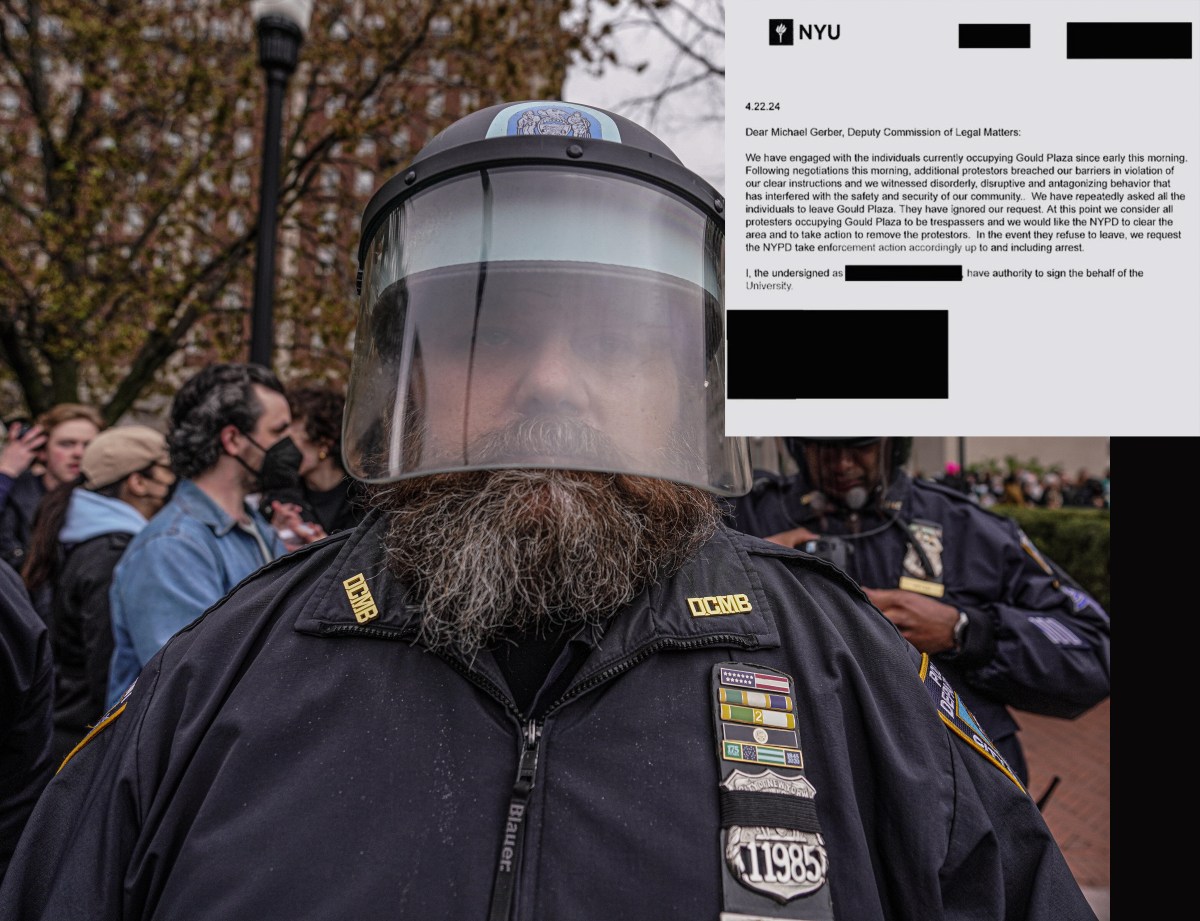After winning an Oscar, Alicia Vikander is taking it easy — sort of. Last year she had eight films. This year she “only” has two. They offer very different challenges, though. In “Jason Bourne” she stormed into her first action movie. In the new “The Light Between Oceans,” the latest fromDerek Cianfrance (“Blue Valentine,” “The Place Beyond the Pines”), she goes to truly dark places. In “Oceans,” Vikander plays Isabel, a young woman in post-World War I Australia who marries a shy lighthouse keeper (played by her real-life paramour Michael Fassbender). When they’re unable to sire a daughter, they wind up keeping a baby they rescued from a boating accident — and, less nobly, not returning her when they later meet her biological mother (Rachel Weisz). The Oscar-winner, 27, talks to us about her making a film in remote Australia and being good at at least one type of football. Derek Cianfrance seems like one of those filmmakers actors die to work with. RELATED: Interview: Anya Taylor-Joy on “Morgan” and not being scary in real life So, now that you’ve acted for him, how does he work? How does he achieve that intimacy? That’s a very unusual way of shooting. How did you adjust to it? Most of this film was shot on location on a remote Australian peninsula, with a small crew and a very small number of actors. Were you reluctant to have that level of intimacy and isolation? How’s your football? And is this American football or what Americans call soccer? If we read the story of what happens to Tom and Isabel in a newspaper, we’d almost certainly think of them as monsters. But the movie allows us to see their life before they made the decision, therefore making us empathize with people we’d probably write off.
I contacted him before I even knew “The Light Between Oceans” was going to be made. I wanted to know how he worked, because his films always feel so authentic and real. I always feel when I’m in my seat at the cinema that I shouldn’t be in the same rooms as the characters. They feel very private.
He doesn’t say “cut” or “action.” We normally stayed to the script, but we’d talk about what we thought the characters were doing 10 minutes before a scene happened. If it’s, let’s say, a scene of Tom and Isobel in a woodshed, we’d start with me playing with Lucy on the beach, then them walking up. The camera would just follow us, then we’d just let the scene happen naturally.
The first time I met [Derek], he said, “I expect my actors to fail and to surprise me. And in return I will give them experiences and memories.” He kept his word. It’s always tough to take that leap, to believe and not be afraid. And it’s easy, in whatever you do, to repeat something that works. But by doing these things you had someone who led you down a new path. Because everything just happened. They were different each time. There was a lot of nerve involved, but I think it really brings an edge and a reality to it.
Derek really didn’t want us to get off [the peninsula]. He said, “I want the whole crew to stay out there Monday through Friday and live there while we’re shooting.” I remember thinking, ‘That’s taking it a bit too far.’ [Laughs] I said to him, “I’m not Method. I will do a deep dive [into the work], but I kind of need to have a normal life, too.” I think everyone felt the same way. We agreed to give him two days a week. We’d get up early in the morning and watch the sunrises. We cooked our food and had barbecues and played football. It was a drama camp kind of thing.
I’m very bad.
It was American, which I had never played before. I do play soccer, or what I consider to be football.
When we hear the dilemma they have, we know what’s right and what’s wrong. I actually wanted to play a villain, because I’m so used to not playing that. But I couldn’t see her that way. That’s what happens when you get the backstory — when you learn what led them down a certain path. It’s a gray zone. That’s a very good thing to bring into the world we’re in at the moment.
Alicia Vikander makes us feel for a horrible person
Follow Matt Prigge on Twitter @mattprigge


















